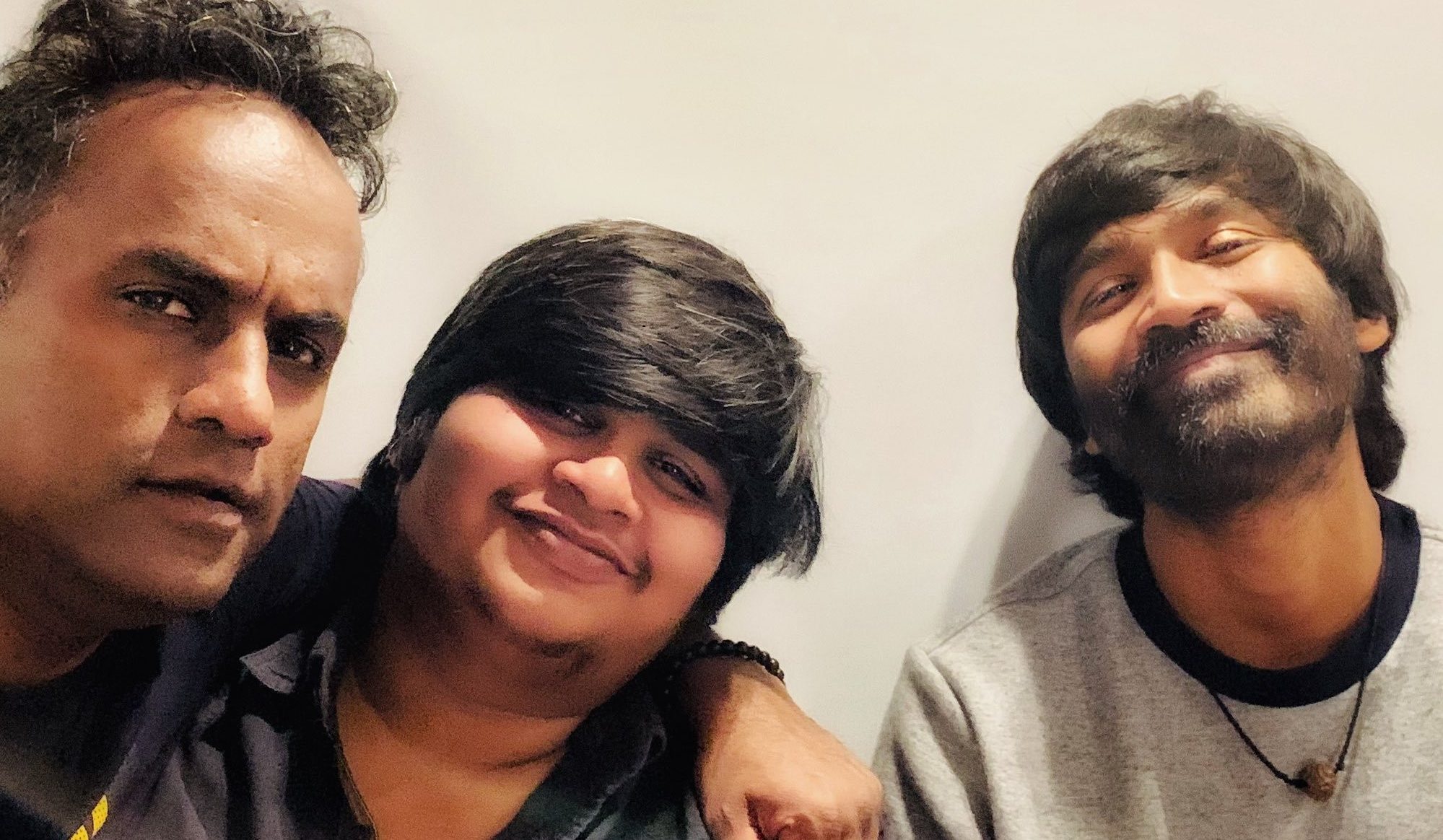(Spoiler Alert)
In Basil Joseph’s Minnal Murali, Kurukkanmoola, a remote Kerala village, turns into a theatre for a clash between two children of the same god. Jaison (Tovino Thomas), a friendly young man, and Shibu (Guru Somasundaram), the depraved pariah of the village, both get struck by an unusual bolt of lightning one night that grants them superpowers. Thereafter, their everyday problems become the epicentre of a greater calamity, the showdown of which happens in a well-choreographed climax sequence.
However, Minnal Murali’s apex isn’t its humour or action sequences, but a penultimate scene where an unrequited love finds a tender closure. The man opens up about his feelings, the woman listens. She cries and pats his cheeks. He promises that he will never leave her side. When he walks out to what could be his death, she watches through the window. That night, he will be exposed before the world, but he does not care for she has seen his soul. An unlikely moment in a superhero movie where the film declares that its heart lies not with the eponymous hero but with the antagonist.
Basil in his third film as director, looks unrecognisable, largely thanks to cinematographer Sameer Thahir. His camera stays rooted and emotional, with an uncompromising eye on the story, well removed from flamboyance. There are some excellent sequences, such as the one where the old tailor and his foster son talk about a man who sacrificed his life for others. The subdued music, careful editing and Thahir’s brilliant camerawork turn a burning green room into the sacred venue of a divine act.
From the outside, the contrast between Jaison and Shibu seems too familiar, too reminiscent of American movies. The former is the chosen hero. The latter, his dark alter ego. The fateful bolt of lightning that fell on them looks like a prank played by the universe. Shibu’s deep-rooted nihilism will be challenged by Jaison’s faith in the goodness of life. But the film has an amusingly-different interior.
The two characters are not driven by material ambitions or masculinity-related issues but by a deeply personal quest for love. Basil and his writers, Arun Anirudhan and Justin Mathew, substitute the pessimism of Western superhero movies with scenes about empathy and romance.
Basil draws familiar elements from popular movies (CID Moosa, Naran), to tap into Malayali nostalgia. The first song sequence in the film has a campy, comic-book texture. The film’s selling point, its localness, evokes too much déjà vu. The quirky elements – Jaison’s peculiar sense of fashion and the presence of a female martial artist in a village square, or the pop-coloured walls and the placement of popular Malayalam film songs in different situations – have come to be too typical a set-up in new generation Malayalam cinema. Look at the scene where the men of the village, dressed up for Christmas carol, barge into the government hospital because their Santa Claus has met with an accident. The joke is murdered by the familiarity of the idea.
But the narrative maintains an interesting restraint. It criss-crosses between Jaison’s and Shibu’s life, and between the past and the present. The differences between the two emerge from the contrasting treatments their near-identical childhoods received from society. Jaison, an orphan, was adopted by a kind local tailor. Shibu, abandoned by his father, starved for three days after which he resurrected (the film does not reveal how). The village is kind towards Jaison, an exhibitionist. Shibu always stayed in the shadows. Jaison looks like he had been preparing for his superhero avatar all his life. His biceps, chest and sculpted calf muscles announce his arrival before he delivers the first punch. Shibu’s power lies hidden, unmasked only occasionally by a new, confident grin on his face.
Shibu’s fascinating character arc compensates for the innate cliche of Jaison’s construct. The former looks like a piece that walked out from a museum, carrying relics from his past around. A photograph in his torn, penniless purse, a decades-old pencil portrait treasured at home, and the tag of inherited insanity the villagers have attached to him. His transformation into a super-villain is seamless and poignant.
Tovino Thomas has an easily likeable quality which comes in handy in Minnal Murali, where he plays a puerile man-child. He does not let his tough physique come in the way of Jaison’s subdued quality; there is so much gentleness in his eyes. Sometimes, he is the second fiddle to Bruce Lee Biji (Femina George), his close friend, who gets a delicious part in the climactic scene. While fighting Shibu, Jaison does not emit a heroic scream or a macho glare but stays as boyish and uneasy as he had always been.
But Guru Somasundaram’s semi-theatrical, immensely-gratifying performance is the real gift to the viewers. He brings to the screen the force of a wounded animal. When Usha (Shelly Kishore) bestows on him the smallest acts of kindness and love, Shibu is taken aback and overwhelmed, like someone who has never known tenderness. He is majestic, in perfect sync with the film’s grand scale.
Recommended
On reading a little into the plot of Minnal Murali, one could see that the localness of the film is not limited to its setting. Its parochial view on bloodline reflects a mentality that is essentially casteist. Jaison, the son of a hero, ends up becoming a hero. Shibu, the son of an outcast, sets out to burn the village. The characters are trapped in their ancestry. Incidentally, the giant wheel placed in the background of the climactic fight resembles the circular nature of their lives. The lightning must have been a work of the universe, but Shibu and Jaison end up living a life that an utterly insular society designed for them.
*****
This Minnal Murali review is a Silverscreen original article. It was not paid for or commissioned by anyone associated with the movie. Silverscreen.in and its writers do not have any commercial relationship with movies that are reviewed on the site.



